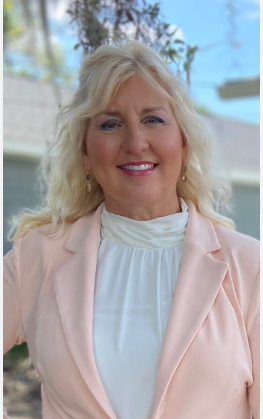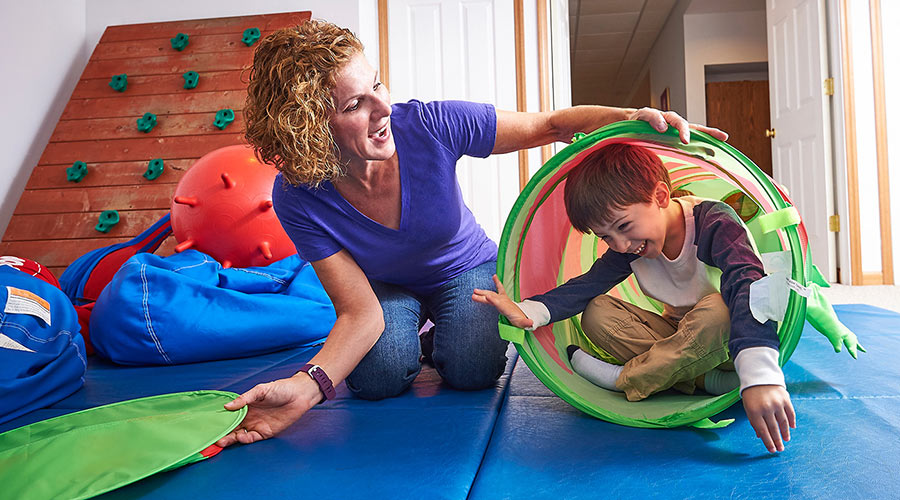Occupational therapy (OT) focuses on improving basic health, functional ability, and quality of life for individuals with or at risk for long-term chronic conditions. Occupational therapists use a variety of techniques to help patients become more independent in their occupations and everyday living.
Occupational therapists help people with a variety of conditions, from mental health issues to physical disabilities. They can help patients improve their lives by understanding the challenges they face and maximizing the areas in which they can make progress.
Physically Able to Work Efficiently
It helps people in all life roles, including employment and leisure activities. OTs work with patients with a wide range of conditions and help them to recover, adapt or improve within their environment. Occupational therapists work with people who have a wide range of conditions, including developmental disorders, stroke, head injury, and cancer recovery.
Occupational therapy offered in facilities by Joy Rodak is a great place for people with health issues to come and get the help they need. Their goal is to allow patients live quality lives. Occupational therapists can help people recover from injuries, deal with sensory issues and chronic pain, improve their quality of life, and find ways to work when their body has limits.
How Occupational Therapy Works?
Joy Rodak Occupational therapy is a healthcare profession that aims to promote health and wellness through the interdisciplinary treatment and prevention of illness, injury, and disability. Occupational therapists work with people of all ages who have physical and developmental disabilities, including older adults and people with autism spectrum disorder.
Some occupational therapists work in general practice, some work in hospitals as part of a multidisciplinary team, some work in schools or colleges as specialist teachers or tutors, some work in industry (for example as ergonomists) or with community groups (for example as volunteers) who help patients become more independent.



